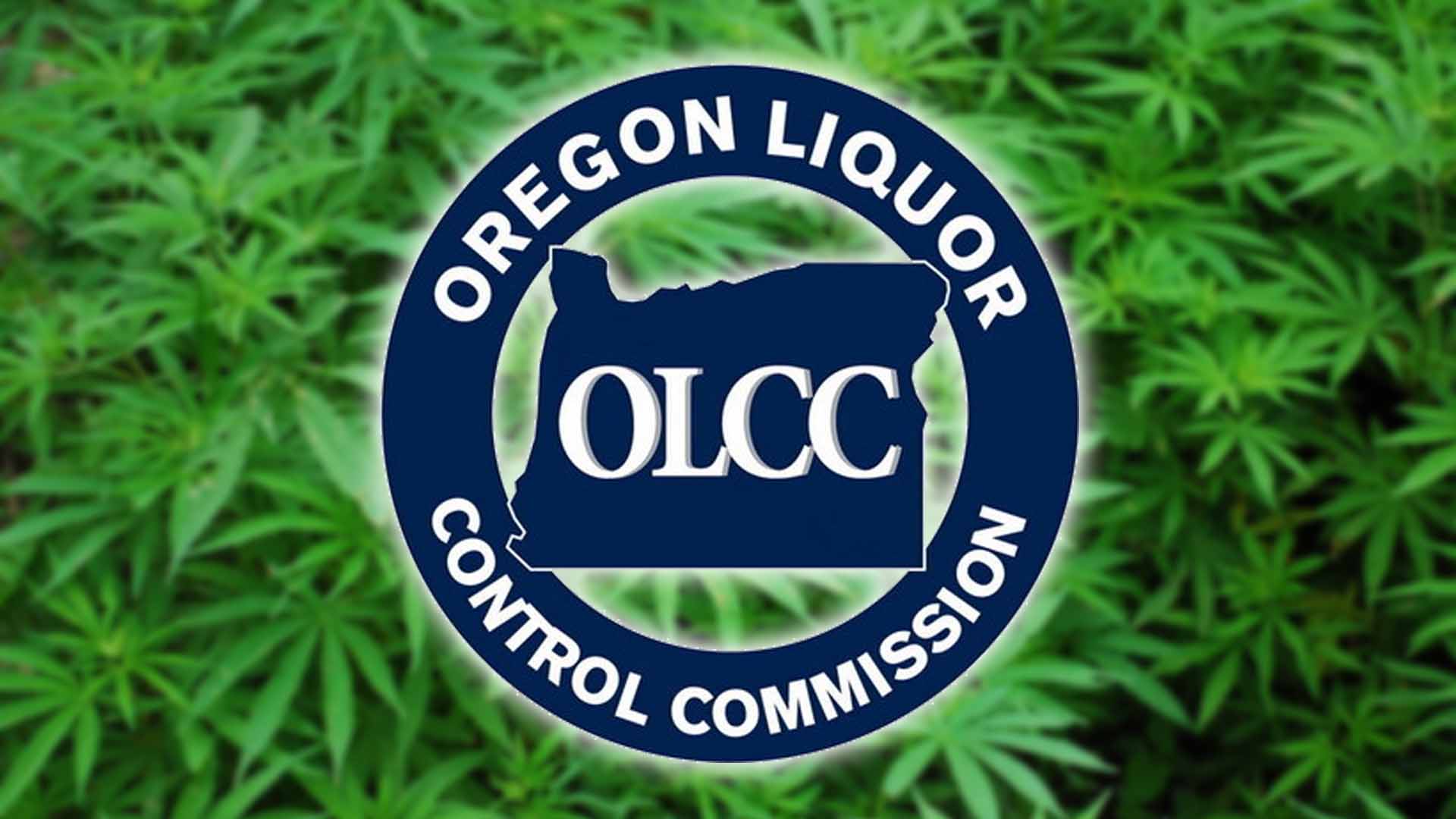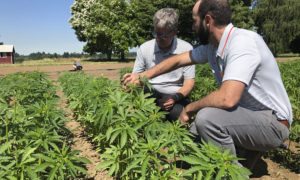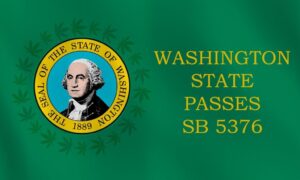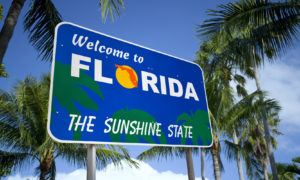OLCC Approves Changes For The Cannabis Industry

The new rules take effect on New Year’s Day
PORTLAND, OR. – In a special meeting on December 28, 2021 the Oregon Liquor and Cannabis Commission approved significant changes for regulating the legal marijuana industry and put in place standards for regulating hemp products sold in Oregon’s general marketplace. The changes in the recreational marijuana rules package reflect the cannabis industry’s rapid evolution and the blurring of distinctions between hemp and marijuana products.
The legal cannabis industry worked with the OLCC during the last 18 months to develop the new rules which help streamline regulatory oversight of day-to-day business activities, scale back violations, expand consumer choices, and establish safeguards to prevent children from accessing hemp products containing THC. The new rules take effect January 1, 2022, but the implementation of some of the regulations will extend into 2023.
“These rules try to balance a number of different concerns – consumer health and safety, interests of small and large operators in our industry, and public safety concerns around loopholes in the Federal Farm Bill of 2018, and the illicit farm production taking place in Oregon,” said Steve Marks, OLCC Executive Director.
Two pieces of legislation, House Bill 3000 and Senate Bill 408, approved by the Oregon Legislature in 2021 drove several changes. HB 3000 established a framework for limiting THC-laden hemp products from being sold unregulated in Oregon. SB 408 provided the OLCC with an outline for re-structuring penalties for rule violations made by licensees.
Some of the violation categories dated back to 2016, when Oregon first issued recreational marijuana licenses, and when federal intervention was a greater concern. When the new rules take effect, Oregon will be better aligned with other adult-use cannabis states, and be positioned as a legal export market as the groundwork is laid for federal legalization.
To ensure that hemp products containing large amounts of THC don’t comingle with general market products, the Commission approved a rule limiting the general market sale of hemp edible products to 2 mg of THC in a single serving, and up to 20 mg THC per container of hemp product. That rule is effective July 1, 2022. This approach attempts to establish some boundaries in the absence of Federal guidance.
Another change requires that non-intoxicating artificially derived cannabinoids go through the ordinary regulatory review process required for ingredients in dietary supplements or food products. For the OLCC to approve in the future, something like cannabinol (CBN), the CBN would need to meet the standard for a New Dietary Ingredient notification, Generally Recognized as Safe (GRAS). However OLCC licensees will have an 18 month period of time to bring their CBN products into compliance.
“It may not make everybody happy, but it’s a pathway, and I think it solves a lot of the issues,” said OLCC Commissioner Matt Maletis.
The rules package reflects an acknowledgement of the legal cannabis industry’s ability to follow regulations and the fading threat of Federal government action against the growing number of states allowing consumption of medical and adult-use cannabis. The Commission approved a large-scale re-categorization of violations, including reducing the types of violations that could result in the OLCC canceling a license. This is the third of four steps to overhaul the violation and penalty process; in 2022 the OLCC will work on reducing penalties for committed violations.
Also, under the new rules, consumers will be able to purchase two ounces of usable marijuana – up from one ounce, beginning on January 1st. Edible concentration limits will increase from 50 mg THC to 100 mg per package on and after April 1, 2022, however single serving portions (of no more than 10 mg THC) will need to be scored, to make the portion sizes obvious.
Home delivery will now be allowed across city and county lines as long as local authorities approve of it. This new rule will enable consumers who currently live where delivery doesn’t exist to be served by a business in a city or county that already has delivery. Previously, delivery was limited only to the city or county where a cannabis retailer is located. The OLCC plans to add a new section to its website, so licensees and consumers are aware of any changing delivery zones.
Additional rule changes included reducing the time and cost for licensees to report marijuana plant tagging and harvests into the state’s Cannabis Tracking System and improving licensees’ ability to self-distribute their products.
“We did listen to the public and did make significant changes to these rules and I want to reiterate that we have come a very long way,” said Marks. “And this industry established success for Oregon. We are creating a successful business market, a successful consumer market. This is another big turn of progress.”
In anticipation of the upcoming market changes, OLCC will now begin accepting label applications for marijuana edibles that exceed 50 mg THC in the package. Edibles that exceed 50 mg THC will not be eligible for sale until April 1, 2022, regardless of whether a label has been approved.
A draft of the newly approved rules can be found on the OLCC website.




































